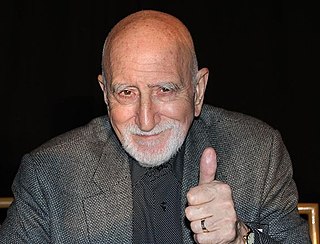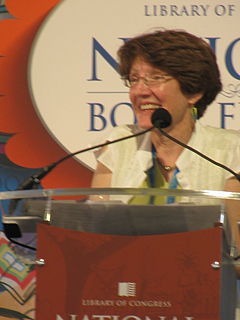A Quote by Laurell K. Hamilton
I'd killed him in the end, but revenge only makes things all better in the movies. In real life, once the villain is dead the trauma lives on inside the victims.
Related Quotes
On those occasions when he had killed in the dark, he later needed to see his victims' faces because, in some unlit corner of his heart, he half expected to find his own face looking up at him, ice-white and dead-eyed. "Deep down," the dream-victim had said, "You know that you're already dead yourself, burnt out inside. You realize that you have far more in common with your victims after you've killed them than before.
I think everyone makes a mistake at least once in their life. The important thing is what you learn from it. That's why I have problems with our Pashtunwali code. We are supposed to take revenge for wrongs done to us, but where does that end? If a man in one family is killed or hurt by another man, revenge must be exacted to restore nang (honor).
I said it before and I’ll say it again: books are dead, plays are dead, poems are dead: there’s only movies. Music is still okay, because music is sound track. Ten, fifteen years ago, every arts student wanted to be a novelist or a playwright. I’d be amazed if you could find a single one now with such a dead-end ambition. They all want to make movies. Not write movies. You don’t write movies. You make movies.
If we take a hard look at what poverty is, its nature, it's not pretty - it's full of trauma. And we're able to accept trauma with certain groups, like with soldiers, for instance - we understand that they face trauma and that trauma can be connected to things like depression or acts of violence later on in life.
A movie is better than real life because in the movies only the bad guys die. Or you can pick the good movies where the bad guys die and only those. If you get tricked and a good person dies in the movie then you can rewrite it in your head so the good person lives and the part about death is superfluous.
If I only had 24 hours to live, I'd most likely spend it letting people know I loved them, and trying to make things right with whoever things were wrong with. One thing about life, man, once you're gone, the only true impact you have is on the lives you affected positively, no matter how many hit songs or movies you had.
When the clock stops on a life, all things emanating from it become precious, finite, and cordoned off for preservation. Each aspect of the dead person is removed from the flux of the everyday, which, of course, is where we miss him most. The quarantine around death makes it feel unlucky and wrong--a freakish incursion--and the dead, thus quarantined, come to seem more dead than they already are.... Borrowing from the dead is a way of keeping them engaged in life's daily transactions--in other words, alive.
And often the worst thing wasn't the victims--they were dead, after all, and beyond any more pain. The worst thing was those who loved them and survived them. Often the walking dead from now on, shell-shocked, hearts ruptured, stumbling through the remainder of their lives without anything left inside of them but blood and organs, impervious to pain, having learned nothing except that the worst things did, in fact, sometimes happen. (Mystic River)





































